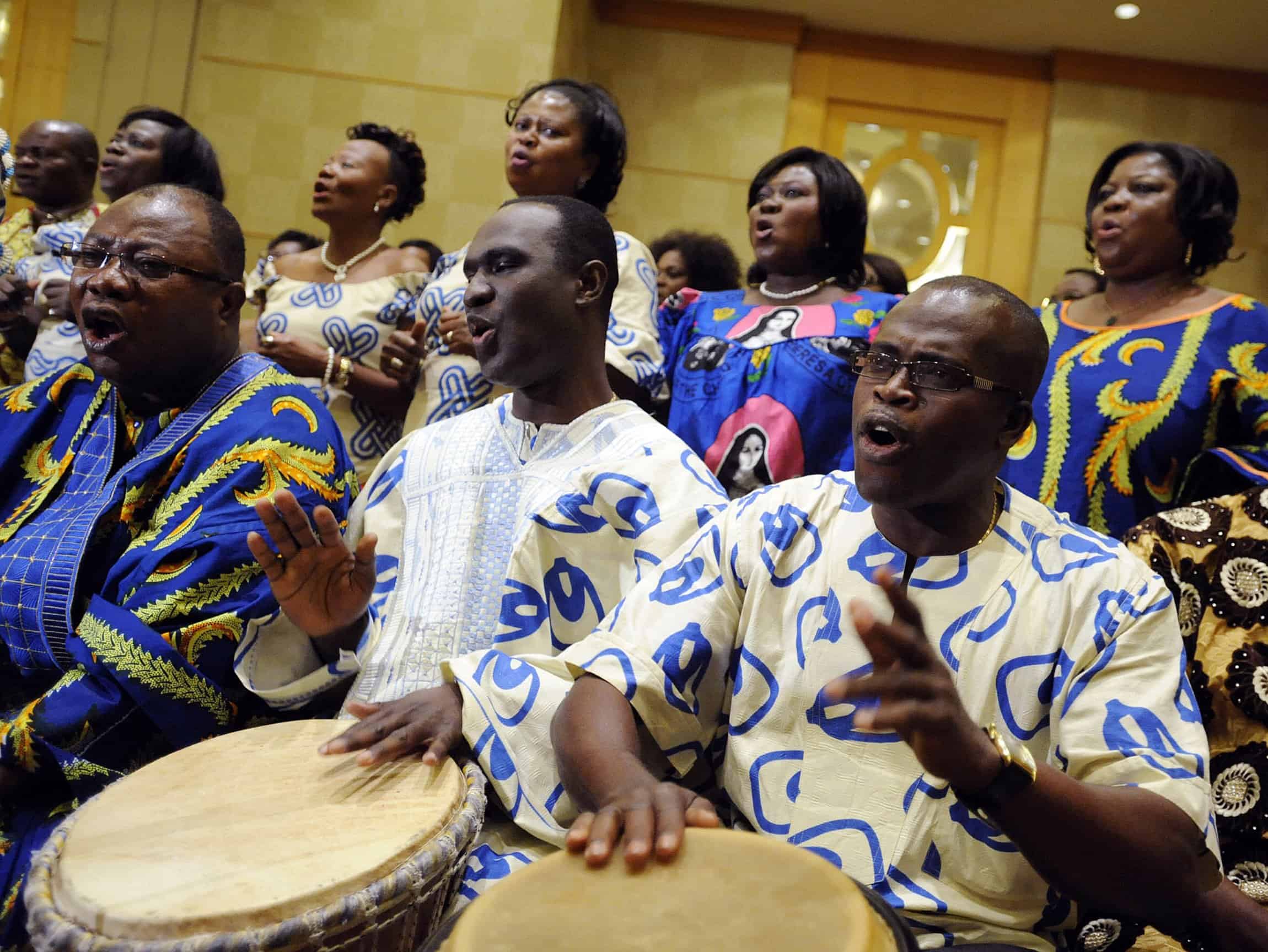With roots that date back to the Republican Convention of 1912, through its formal establishment in 1926, Black History Month offers all Americans the opportunity to stand in solidarity with the Black community.
The commemoration of Black culture and achievements was the brainchild of Carter G. Woodson, a Harvard professor, author, and scholar who was one of the first to study Black history.
In the summer of 1915, about half a decade after the 13th Amendment was passed, Woodson traveled from Washington to his alma mater, the University of Chicago, to participate in an event commemorating the 50th anniversary of the emancipation of enslaved people.
The celebration sponsored by the State of Illinois, included exhibits that portrayed, through artifacts, recent Black achievements. The energetic response to the events inspired Woodson to initiate a study of Black life and history. Before returning to Washington, he met with friends including A.L Jackson at the Wabash YMCA to establish the Association for the Study of Negro Life and History (ASNLH).
As he recognized the group’s potential impact, Woodson said, “Those who have no record of what their forebears have accomplished lose inspiration, which comes from the teaching of biography and history.” Woodson announced his intention to fill a void in history books by studying and promoting Black lives through research and writings.
Woodson created the Journal of Negro History in 1916 and in 1926 established Negro History Week, which later was renamed Negro Achievement Week—a way to celebrate the art, music, and history generated within the Black community.
Woodson’s decision to set this week in February was meaningful, as two historical figures who fought for Black rights and recognition, Frederick Douglass and Abraham Lincoln, were born in that month (Feb. 14 and Feb. 12, respectively).
He believed history was initially made by the people, not just by great men. With a nod to both Douglass and Lincoln, Woodson aimed to celebrate the Negro history as a history of diversity and unity. His intention was to draw inspiration from the works of our ancestors. As he said, “We are going back to that beautiful history and it is going to inspire us to greater achievement.”
Since its inception, Woodson’s aim to highlight Black people’s achievement has been well received by many different communities. Negro History week soon became a tradition across the country, promoted primarily through public schools but also white organizations that embraced materials for teaching about Black achievement. By 1937, the ASNLH had spread across the country through several branches.
After successfully founding Negro History Week, Woodson set higher goals for the appreciation and celebration of the Black community. Setting aside just one week out of 52 to honor Blacks was not enough for Woodson.
In unity with some white friends, he convinced the Black community that they needed more. However, he did not realize his dream before his sudden death in 1950 of a heart attack. The Black community had to wait until 1970 to see the acknowledgement of the importance of its history grow into a month-long event at one institution, Kent State University.
It took six more years, until 1976, for the U.S. to begin an official celebration of “Black History Month” in February and March. In that year of the nation’s bicentennial, President Gerald R. Ford reasoned that, “We need to seize the opportunity to honor the too-often neglected accomplishments of black Americans in every area of endeavor throughout our history.”
For me, the key element of this month’s celebration is to remember the achievement of my Black ancestors who knew with audacity how to be inspired and where to stand, to work for truth, justice, and freedom. They fought for freedom, not merely for themselves, but for future generations.
Celebrating Black History month is an act of solidarity, justice, and love for our land that yearns for a true sense of unity and togetherness. As Dr. Martin Luther King Jr. said, “I refuse to accept the view that mankind is so tragically bound to the starless midnight of racism and war that the bright day of peace and brotherhood can never become a reality…. I believe that unarmed truth and unconditional love will have the final word.”
Today, in an America that is struggling to grasp the nuances of her identity, that struggles to make sense of her essence as a United America, celebrating a Black History Month might be perceived by some as divisive; to focus on a single race may seem contrary to the aim of unity. But Black history has systematically been forgotten and erased in so many ways. Rather than division, Black History Month has the power to unite us by bringing us to a greater knowledge of the truth, together. Unity can only flourish in the context of truth.


